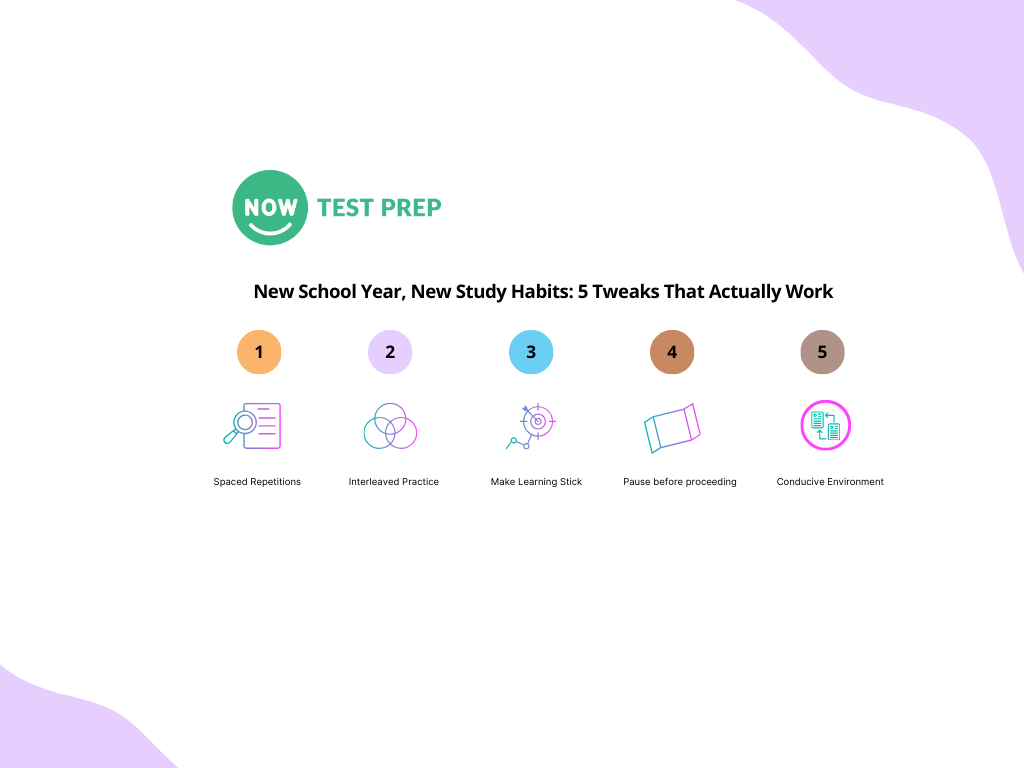Rewrite to Remember: The Student's Guide to Smart Summarizing
You’ve probably heard a teacher say, “Try writing a summary after you read.” It sounds simple enough: pick out the important stuff and write it down. But does summarizing actually help you learn? According to years of research, the answer is it depends on how you summarize.
The best, most effective summaries are:
- Brief;
- Focused on main ideas only;
- In the student’s own words.
Summarizing Isn’t Just a Reading Skill: It’s a Learning Strategy
When done well, summarizing helps students focus on key ideas, connect different pieces of information, and process the material more deeply. In a study, students who summarized a 2,000-word passage scored significantly higher on tests than those who just read or copied text. Why? Because summarizing pushes the brain to extract meaning, not just remember words.
But here’s the catch: not all summaries are equal. Summarization only works if students use effective techniques. Younger students or those without proper training often struggle to find the main ideas, or worse, include everything. Studies have shown that poor summaries (ones that miss the point, have incorrect interpretations, or copy the text word for word) don’t improve learning at all.
The Key? Quality and Consistent Practice
- Brief: One sentence per paragraph is often enough.
- Focused: Main ideas only; skip the fluff.
- Explained in their own words: Rewriting is better than copying.
- Practiced consistently: The best way to get good at anything is to practice to a high standard.
Parent Tips & Tricks
- “Why did you choose that sentence?” (meta-cognition)
- “Can you explain it to me like I’ve never read it in one sentence?” (teaching back to learn)
- “What does this all mean in your own words?” (focus on synthesis)
When Summarization Works Best
- With older students who already know how to identify key points.
- When students receive training and feedback on their summaries.
- When paired with note-taking, retrieval practice, or teaching-back techniques.
- For middle schoolers or struggling learners, explicit instruction modeled by teachers or tutors makes a big impact.
Summarizing can be a powerful learning tool but only when used the right way. Just jotting snippets of the text down won’t cut it. What matters is how students process the material, connect and synthesize ideas, and explain it in their own words.
Our reputation is built on word-of-mouth referrals and happy repeat customers.
We have never received a review with fewer than 5/5 stars.
Thank you to our amazing students and families!


